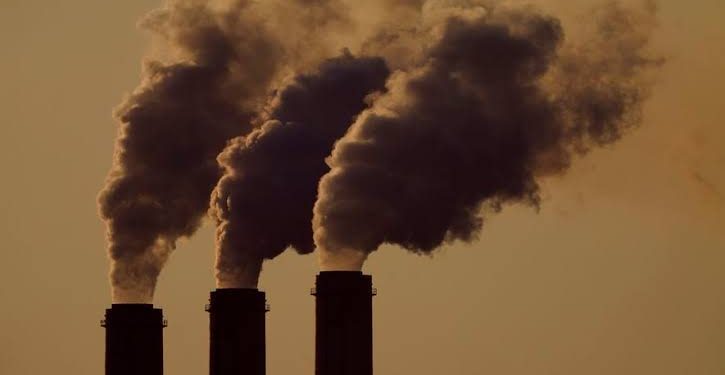By John Ikani
The G20 Summit in Rome concluded over the weekend with a disappointing outcome for Earth’s climate.
This was the result of days of tough negotiation among diplomats, and it leaves huge work to be done at the broader United Nations COP26 Climate Summit in Scotland, which starts this week.
Leaders of the world’s wealthiest countries, including Australia’s Prime Minister Scott Morrison, failed to reach a commitment to phase out fossil fuels. And the meeting’s final communique did not include a commitment to achieving net-zero carbon emissions by 2050.
It is worthwhile to note that G20 members are: Argentina, Australia, Brazil, Canada, China, France, Germany, Japan, India, Indonesia, Italy, Mexico, Russia, South Africa, Saudi Arabia, South Korea, Turkey, the United Kingdom, the United States, and the European Union.
China, the world’s biggest carbon emitter, has set a target date of 2060, and other large polluters such as India and Russia have also not committed to the 2050 target date.
Wrapping up the Summit in Rome, the leaders of the G20 pledged on Sunday to stop funding coal-fired power plants in poor countries, but set no timetable for phasing it out at home.
They agreed to cap the global rise in temperature to 1.5C (2.7F) above the pre-industrial average but made only a vague commitment to seek carbon neutrality “by or around mid-century”.
While Italian Prime Minister Mario Draghi and French President Emmanuel Macron described the G20 as a success, the outcome disappointed the Chief of the UN, as well as the leader of the United Kingdom.
G20 leaders made significant strides to tackle the COVID-19 pandemic, especially on global vaccine targets. They also struck an agreement that will mean profits of large multinational companies pay more tax.
But breakthrough leadership on climate change was missing. This outcome does not bode well for the Glasgow talks (COP26) – the world’s last hope for keeping the 1.5℃ global warming limit within reach.




































